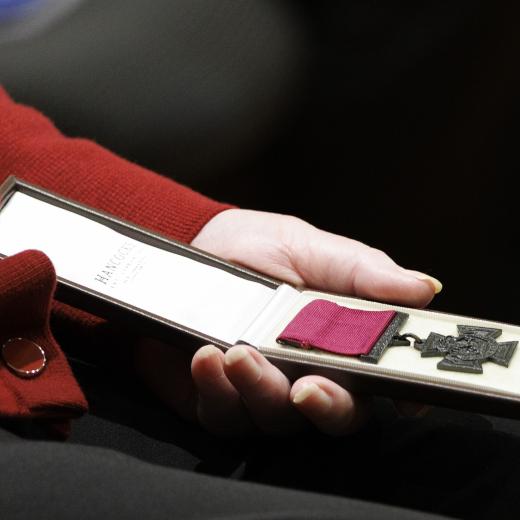BLUF
For many people, one Colin Powell's legacy will be his simple and oft-repeated 13 rules of effective leadership.Summary
The late General Colin Powell has left a compelling and complicated legacy. He was the USA's first black officer to become a four-star general. Following his military career, Powell became Secretary of State during President George W. Bush's first term. His biggest mistake was the way the Bush 2 administration used him to promote inaccurate intelligence in support of the invasion of Iraq. For others, however, he'll be remembered for his 13 rules of effective leadership. One of the reasons Powell's rules work is because each rule is about separating actions from emotions—a key aspect of emotional intelligence. His 13 rules of effective leadership are:
It ain't as bad as you think. It will look better in the morning.
Get mad, and then get over it.
Don't become so attached to an argument that if it fails, your ego goes with it.
It can be done.
Be careful what you choose. You may get it.
Don't let adverse facts stand in the way of a good decision.
You can't make someone else's decisions. (And don't let others make yours.).
Check small things.
Share credit.
Remain calm and be kind.
Have a vision.
Don't take counsel of your fears or naysayers.
Perpetual optimism is a force multiplier.
For hundreds of thousands of soldiers and sailors—as well as millions of others who have read these rules—this list will be a big part of Powell's legacy.
References
Dec 2020 Forbes How The Rules Of Leadership Have Changed
Jun 2021 Indeed.com 11 Effective Leadership Principles
Oct 2021 Inc.com Why Emotionally Intelligent Leaders Use the 9 Secret Rules of Winning Arguments





